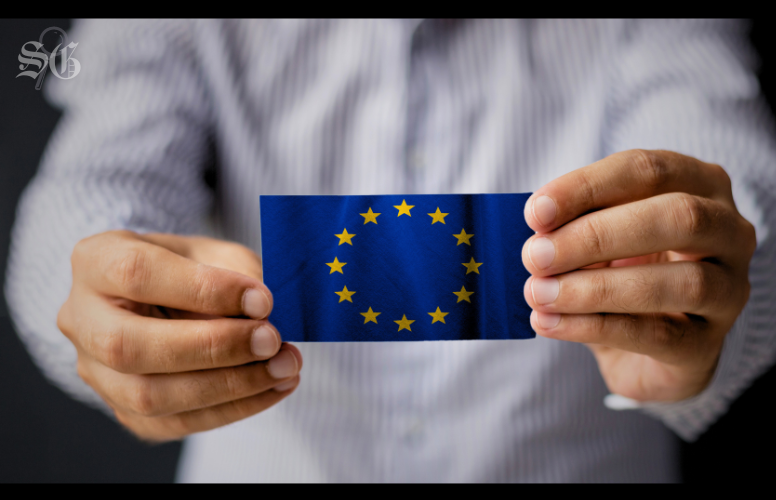Jan. 24, 2024 3:59 am PST – SEO Gazette | By Will Ten Eyck
Within digital markets, regulatory bodies play a pivotal role in maintaining fair competition and safeguarding consumer choices. The European Union’s Digital Markets Act (DMA) is a testament to this commitment, imposing regulations on digital “gatekeepers” to foster a more competitive environment.
However, recent developments suggest that not all major players will be equally constrained by these rules. Microsoft’s Edge browser and Bing search engine, for example, might just slip through the regulatory net, as they are not considered “dominant enough” in their respective markets to warrant such regulation.
In fact, Microsoft’s CEO, Satya Nadella unknowingly agreed with this happily during Google’s Antitrust Trial last year when testifying, making statements such as:
“The internet is really the ‘Google Web’.”
“You get up in the morning, you brush your teeth and you search on Google.”
“I worry a lot that this vicious cycle that [Microsoft] is trapped in could get even more vicious.”
Nadella said the following statement in a NY Times article during the trial:
“Call Google [sic] popular or dominant — [Microsoft] is a very, very low-share player.”
Satya Nadella, Microsoft CEO
According to a report from Bloomberg, following a five-month-long investigation by the EU Commission, it has been determined that Microsoft Edge and Bing DO NOT meet the threshold for regulation under the DMA.
This decision is significant, as it indicates a nuanced approach to regulation, recognizing the varying levels of market influence wielded by different services. While Microsoft and its competitors like Google have been proactive in ensuring compliance with the DMA, the exemption of Edge and Bing underscores the complex dynamics at play in digital marketplaces.
Hopefully, the term ‘complex’ in this case doesn’t just mean high-level executives and white-collars ‘shaking up the market’ for ‘insider gains’.
It’s noteworthy that despite Bing’s efforts to increase its market share, including the introduction of Microsoft Copilot (formerly Bing Chat), it has not reached a level of dominance that triggers regulatory oversight under the DMA framework.
Source: StatCounter Global Stats – Search Engine Market Share
The DMA’s impact on digital markets cannot be overstated. By setting strict criteria for what constitutes a gatekeeper, the EU aims to ensure that the digital ecosystem remains vibrant and competitive.
The exemption of Edge and Bing from certain DMA regulations does not diminish the overall effectiveness of the Act but rather highlights the targeted approach of EU regulators.
Microsoft’s readiness to comply with the DMA, alongside Google’s adjustments, illustrates a broader industry move towards greater openness and interoperability. These developments are crucial for maintaining a balanced digital market, where innovation can thrive alongside robust competition.
This situation also offers valuable insights into the evolving relationship between technology companies and the governing bodies like the European Union.
However, Microsoft is still Google’s main competitor, who now potentially has a significant edge over the search industry in Europe — important to think about since a majority of initial impacts from Europe’s DMA will be seen this year and they come alongside even further implementation of Google’s Search Generative Experience and other search changes to come.
The dialogue between these entities will be essential in shaping an environment that benefits SEOs, consumers, and businesses alike.
The case of Microsoft Edge and Bing demonstrates that regulation is not a one-size-fits-all proposition but a nuanced process that requires careful consideration of market dynamics and the potential impact on competition and consumer choice.
Article written by Will Ten Eyck, SEO Gazette LLC
Copyright Disclaimer: Under section 107 of the Copyright Act of 1976, allowance is made for “fair use” for purposes such as criticism, comment, news reporting, teaching, scholarship, education and research. Fair use is a use permitted by copyright statute that might otherwise be infringing.
Any references to other articles, information, or images are purely for the sake of discussion and analysis. We do not hold any rights to images or external content referenced, and we disclaim any liability arising from the use or application of the information provided herein.

